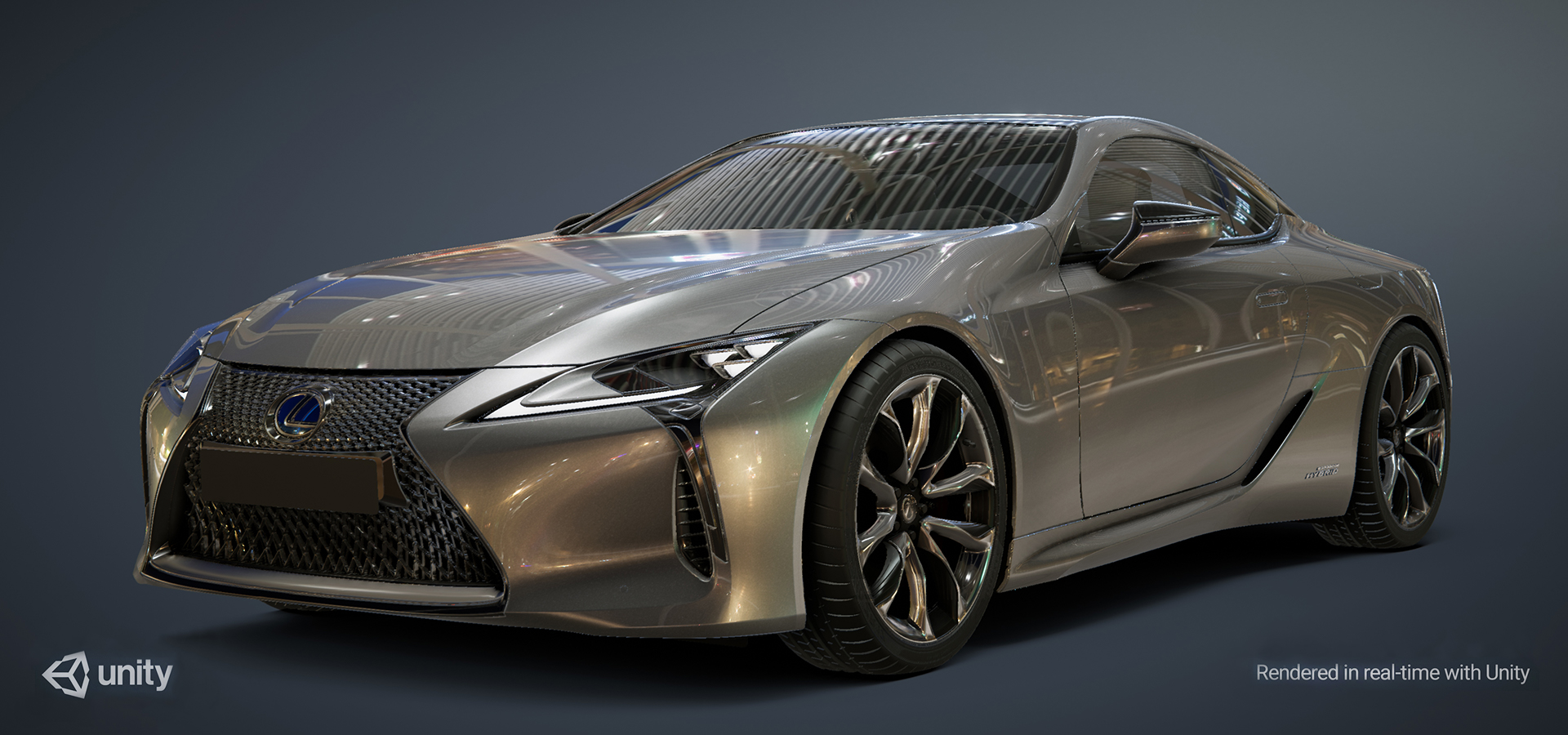
An Interview with The CRO of Unity
Unity is one of the largest 3D computing companies in the world. They enable the world to tell stories. Industries such as film, healthcare, architecture and a large part of the video game industry use their software and innovative technologies to create real-time graphic experiences. The brand powers 70% of all augmented and virtual reality content that is created today.
We had the opportunity to ask Dave Rhodes, Chief Revenue Officer at Unity, a few questions about the brand and how it operates.
BD: What’s the problem you’re trying to solve or the value you’re trying to create in the world through your business?
DR: Generally speaking, whether it’s creating a video game, a car configurator, an ad campaign for automobile, helping a client visualize what a building will look like, or helping a cinematographer evaluate a scene, it’s hard to use traditional technologies to create an immersive believable experience. We provide tech services, support and a method to quickly go from prototype to bringing 3-dimensional assets together to create a virtual world that’s so real and interactive that it’s believable. A number of amusement parks, including Disney, use our technologies to make their rides more believable. Filmmakers can quickly experiment with lighting and camera angles well before committing to a scene, helping creators go from concept to something that’s believable in a short period of time.

BD: What is the most interesting product you sell?
DR: We have a number of different products. But when I think about this question, I think about what our developers do with our technology because that’s more interesting. Turning a video game experience to the level of a player, combined with the performance of the device being played on, all connected with where the user is geographically located in the world. It’s a huge and interesting problem to solve.
Our network supports 20 billion devices per year. A user with a 5-year-old phone and limited bandwidth should receive the same great experience as a teenager with a brand new phone on the fastest network. In mobile alone there are over 50,000 versions of just Android-based handsets running in the world today. A staggering number to think about and support.
Our value proposition to developers is the ability to be able to create a unique experience to over thirty hardware and software handset chipset console mobile and social media platforms. We level the playing field between the large game publishers and the little guys around the world that don’t have a big budget, and we enable them to level the playing field.

BD: If you could share anything about Unity to the world, what would it be?
DR: A world of visual computing is coming faster than you think. In the same way that mobile changed, visual computing will change how we learn, communicate and make purchases. Unity is the core for the world’s move to visual computing. It’s not only a solution for game developers, but we’re helping to accelerate this transformational shift in the world.
BD: What advice do you have for brands to prepare for this shift in the world?
DR: Start moving now to move beyond the search to drive awareness, retention and action. Don’t create crappy experience. It’s the early days of virtual computer. Lots of brands are experimenting. Experiment but don’t put garbage out there. Work with experts in AR and VR that match the value of the brand.
BD: What makes Unity unique?
DR: What pervades all these questions is our mission. Our mission has remained strong for nine years. We live and breathe it every day; democratize technology. Take something that’s historically been complex and out of reach for most people and give it to everyone. The second piece is to solve hard problems. Mobile optimization is a very difficult problem that only Unity is solving. The third component is back to our developers—it’s about creating success for them. It’s about supporting that company or indie developer. Sometimes success is helping them create money, sometimes its helping to create art for a not-for-profit—success comes in all forms. Our mission is not a bunch of words, our mission guides our decisions every day. It has enabled us to create a community of world-wide developers. This development community is a competitive advantage because we have a great fanbase creating great content.
The underlying culture is focused on the developers. Sure, we’re a for-profit, we make money, we’re sophisticated, but it’s all in service of the individual developer.
BD: An important element of brand is based on creating an experience, is there one uncommon principle you follow?
DR: Don’t think about the revenue, don’t think about short term ROI of a product, a solution or a customer. Think about what’s good for the developer. You’ll be more successful than you ever imagined.

BD: You’re great at crafting visual stories, tell us more about your strategy.
DR: We have a Large Labs Organization. These folks are experts at not only creating 3D, they are scientists, industry experts, and a team of visionaries and thinkers, combined with machine-learning, and the computing paradigms of the future.
We work with our labs team to bring communities of developers together to talk about the future of computing and to prototype some of the things we see happening in the future. This week in Copenhagen we created Hack Week, an event that brought 700 people inside and outside of Unity together for a 24/7 experience. At these events, people bring projects they want to work on and an immersive, collaborative process is created. Together, attendees come up with a new concept for a project, and test and prototype it, and gain insights from other professionals. These events unlock creativity and innovation.
BD: There’s a hefty level of design thinking involved in the products you create, tell us more about your process.
DR: The company itself has moved from a product-first company to a developer-first company. What I mean by that is whether it’s in the games industry or outside, we’ve started to work with developers to think about priorities around innovation. We’ve evolved to spending more time in the field and working with developers to get the insights to understand the product cycle process.
Reminds me of that famous quote by Henry Ford, “If I had asked people what they wanted, they would have said faster horses.”
The second principle we embrace is FBI: Field-Based Innovation. We provide source code access to our developer community when they want it and need it. We work with them on real projects—from simulations to video games to filming a movie. We put ourselves in a position to modify and build on top of the product capabilities to create differentiation for our customers. We take that field-based innovation and evaluate if it applies on broader scale, and if so, we integrate it into our products and present it to the real world for the everyday user.
BD: What uncommon sense principle does Unity live by?
DR: We put out a fully featured version of a core product and we don’t charge for it. As a result, this principle forces us to be creative about how we monetize the community that we’ve created. We’ve done well, but we’ve been unconventional in terms of the rest of the software world. Free products tend to be trial based or limited. We have terms and conditions defining when we believe the user should pay. But we provide the product without limits. We want people to use it and we want people to be successful.
BD: How can others have a taste of what you offer? Become involved? Events they can attend?
DR: Getting a taste starts with downloading our product. Build your creation. Use our free assets. Experience what it’s like to build with Unity. There are dozens of events around the world. Watch for our event in Los Angeles in November.


Uncommon Person: Chad Hutson

Our Internal Learning & Impact at Bulldog Drummond

The One Decision by Employers in 2021 that Means Everything

What I Wish I Knew

Standing Up Inside

Uncommon Person: Gregg Imamoto

Five Things Every Company Should Know about ESG

Redefining Value

Uncommon Person: Chris Baréz-Brown

It’s Time For A Whole Lotta Common Good

Did You Choose Humanity?

Uncommon Partnership: Violux

Here’s How

Uncommon Person: Santhosh Nair

Designing Strategy For A Complex World

Responsibility & Relevance for Brands

